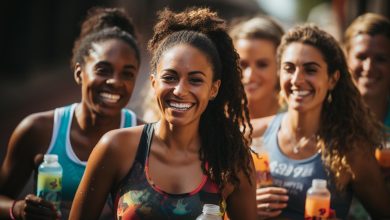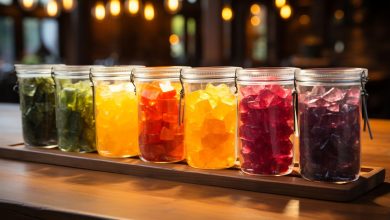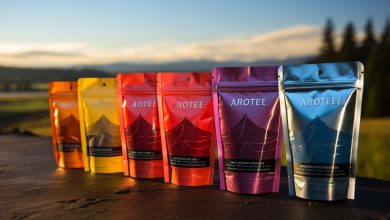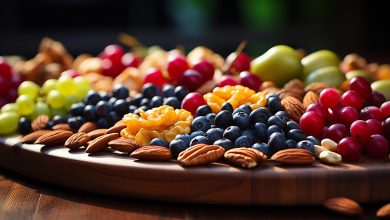Sports Drinks Vs. Energy Gels: Which Is More Effective
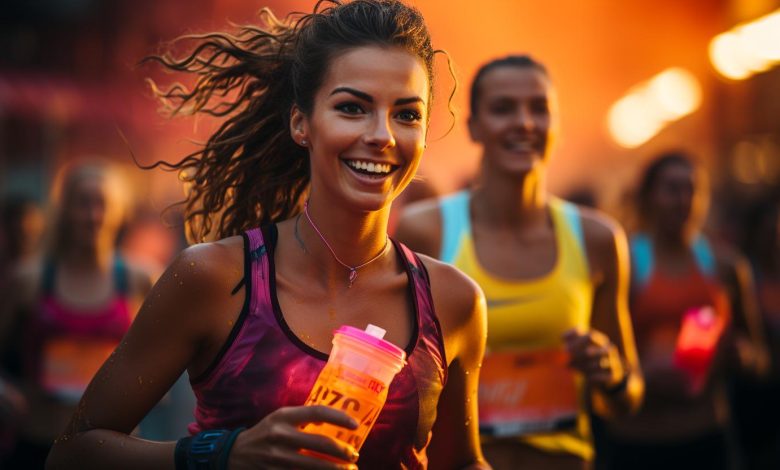
Do you ever wonder which is more effective: sports drinks or energy gels? Well, here’s an interesting statistic for you: studies have shown that nearly 70% of athletes consume either sports drinks or energy gels during their training sessions or competitions.
But the question remains, which one truly gives you the edge? In this article, we will delve into the science behind these two popular options and explore their nutritional composition, performance enhancement benefits, as well as factors to consider when making your choice.
So, let’s get started!
The Science Behind Sports Drinks and Energy Gels
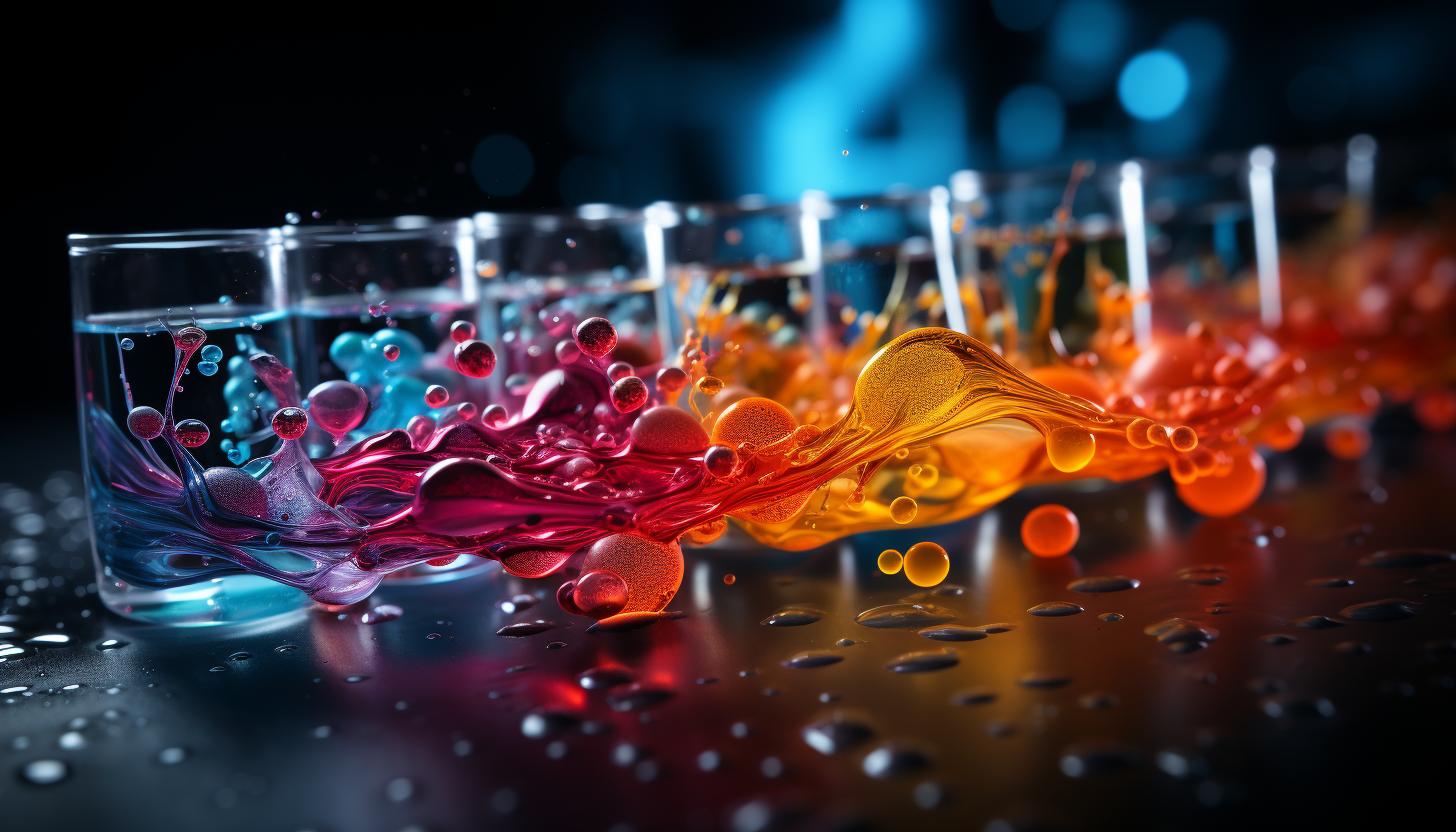
If you’re wondering about the science behind sports drinks and energy gels, let’s dive into it.
Sports drinks and energy gels are designed to enhance athletic performance by providing essential nutrients and hydration benefits. When it comes to metabolism effects, both options can be effective in providing a quick boost of energy during physical activity.
Sports drinks typically contain carbohydrates, electrolytes, and sometimes protein. These ingredients help replenish glycogen stores in your muscles, which can improve endurance and delay fatigue. Additionally, the electrolytes in sports drinks help maintain proper fluid balance and prevent dehydration.
On the other hand, energy gels are concentrated sources of carbohydrates that are quickly absorbed by the body. They provide a rapid source of fuel for your working muscles during intense exercise. The high carbohydrate content helps sustain blood sugar levels, allowing for prolonged physical activity without feeling fatigued.
When choosing between sports drinks and energy gels, consider your personal preferences and needs. Both options have their advantages depending on the duration and intensity of your workout or competition.
Key Differences in Nutritional Composition
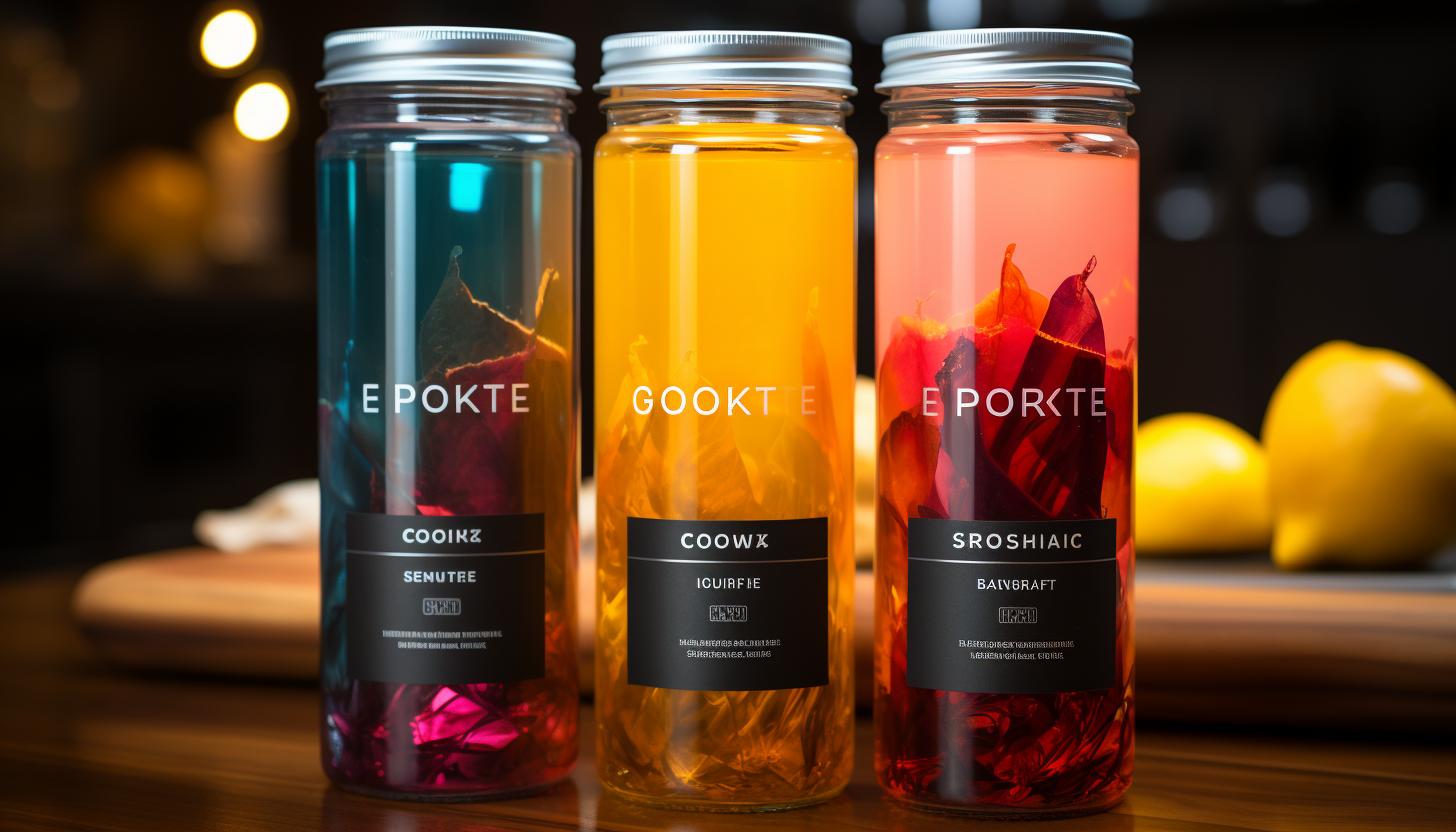
The nutritional composition of sports drinks and energy gels differ significantly. While both provide a boost of energy during physical activity, they do so in different ways. Sports drinks are typically high in carbohydrates, electrolytes, and sometimes even protein. These ingredients help replenish glycogen stores, maintain hydration levels, and prevent muscle cramps. However, sports drinks can also be high in added sugars and calories, which may not be ideal for everyone.
On the other hand, energy gels are designed to deliver a concentrated source of carbohydrates in an easily digestible form. They are low in volume and can be consumed quickly during exercise without causing stomach discomfort. Energy gels have the advantage of being portable and convenient for athletes who need quick bursts of energy during prolonged endurance activities.
One disadvantage of sports drinks is that they may cause gastrointestinal distress or bloating if consumed excessively or too quickly. Additionally, their high sugar content can lead to a spike in blood sugar levels followed by a crash.
In contrast, energy gels provide a more controlled release of carbohydrates without the risk of digestive issues. They also offer the benefit of being lightweight and easy to carry during long runs or bike rides.
Performance Enhancement: Sports Drinks Vs. Energy Gels

When deciding between sports drinks and energy gels for performance enhancement, it’s essential to consider the individual benefits and drawbacks of each.
Both hydration strategies play a crucial role in optimizing athletic performance, but they have distinct advantages depending on your specific needs.
Sports drinks are designed to replenish fluids, electrolytes, and carbohydrates lost during intense exercise. These beverages provide quick hydration and energy due to their high sugar content. They also contain electrolytes like sodium and potassium that help maintain proper fluid balance and prevent dehydration. For endurance activities lasting longer than 60 minutes or intense workouts in hot weather, sports drinks can be beneficial.
On the other hand, energy gels offer a concentrated source of carbohydrates that are rapidly absorbed by the body. They provide a convenient way to fuel your muscles during prolonged exercise without causing digestive discomfort. Energy gels are particularly useful for endurance athletes who need a quick energy boost without consuming large volumes of fluid.
To determine which option is best for you, consider factors such as exercise intensity, duration, personal preference, and tolerance for different textures or flavors. Experiment with both sports drinks and energy gels during training sessions to see how they affect your performance.
Ultimately, finding the right hydration strategy can significantly enhance your athletic performance.
Factors to Consider When Choosing Sports Drinks or Energy Gels

Consider your exercise intensity, duration, personal preferences, and tolerance for different textures or flavors when choosing between sports drinks and energy gels.
Taste preferences can play a significant role in determining which option is more suitable for you. Some people may find the flavors of sports drinks more appealing, as they are often available in a variety of fruity options. On the other hand, energy gels tend to have a gel-like texture and come in flavors like chocolate or vanilla.
When it comes to hydration strategies, both sports drinks and energy gels can be effective. Sports drinks typically contain electrolytes and carbohydrates that help replenish fluids and provide energy during prolonged exercise sessions. They also offer a refreshing taste that keeps you motivated to drink more.
Energy gels, on the other hand, are concentrated sources of carbohydrates that can quickly fuel your muscles during intense workouts.
Ultimately, the choice between sports drinks and energy gels depends on what works best for you personally. Experiment with both options during training sessions to see which one provides optimal performance benefits without causing any digestive discomfort or taste aversion.
Remember to stay hydrated throughout your workout by sipping on water regularly alongside your chosen hydration strategy.
Personal Preferences and Practical Considerations

For optimal performance, it’s important to take into account your personal preferences and practical considerations when choosing between sports drinks and energy gels. Your personal tastes play a significant role in determining what fueling option is best for you during physical activity. Some people prefer the taste and texture of energy gels, while others find sports drinks more palatable. Additionally, convenience factors should be considered as well. Energy gels are typically packaged in small, portable packets that can easily be consumed on the go without requiring any mixing or preparation. On the other hand, sports drinks often come in larger bottles that may not be as convenient to carry around during workouts or races.
To further illustrate these differences between sports drinks and energy gels, here is a table comparing their personal taste and convenience factors:
| Factors | Sports Drinks | Energy Gels |
|---|---|---|
| Personal Taste | Varies depending on flavor | Varies depending on |
| preferences | flavor preferences | |
| Convenience | May require mixing with | Conveniently packed |
| water before consumption | in portable packets |
Taking into account your personal tastes and convenience factors can help you make an informed decision when deciding between sports drinks and energy gels for your fueling needs during physical activity.
Conclusion
After considering the science, nutritional composition, and performance enhancement of sports drinks and energy gels, it’s clear that they both have their benefits.
Sports drinks provide hydration and electrolytes, while energy gels offer a quick source of carbohydrates for fuel.
Ultimately, the choice between the two comes down to personal preferences and practical considerations.
Symbolically speaking, just as athletes must carefully choose their fuel to reach peak performance, we too must make thoughtful choices in our own lives to reach our goals.

